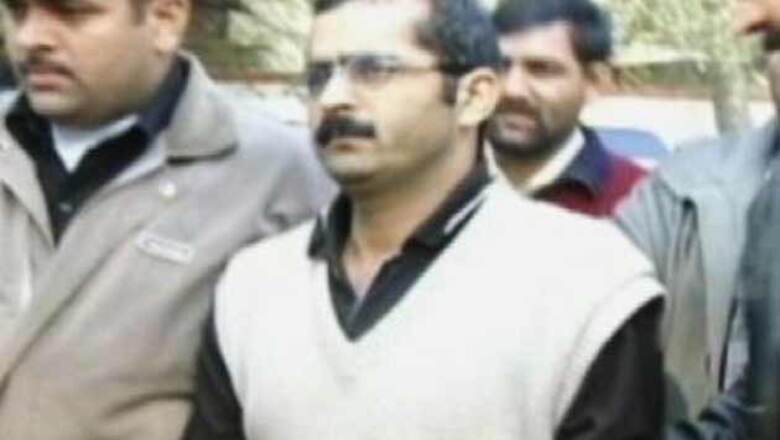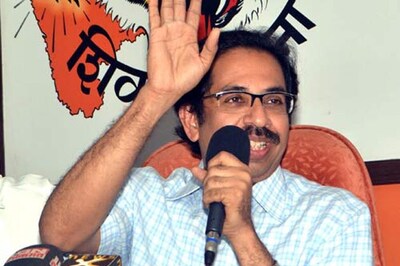
views
New Delhi: Amid continuing debate over whether death penalty should be abolished in India, NHRC chairperson K G Balakrishnan has favoured continuance of the provision which has a "deterrent effect" in a country where various types of crimes are on rise.
The former Chief Justice of India noted that the capital punishment is awarded in the "rarest of rare" cases and there are adequate safeguards provided in the law in this regard. Balakrishnan, while expressing his "personal opinion" and not the view of NHRC on the issue, said India has not reached the stage where death punishment could be abolished.
"It is not proper for NHRC to give an opinion on death sentence. But, if you ask me personally... I feel personally that the death penalty should continue. It has got a very great deterrent effect on the society," he told PTI in an interview.
When pointed out that several countries have abolished death penalty, he said, "In India, different types of crimes are on increase. The death penalty will have a deterrent effect on the people."
His comments come amid a debate as to whether death penalty should be abolished in India. The remarks also assume significance as the government is still considering whether or not to execute the death penalty awarded to Parliament attack convict Afzal Guru.
Guru''s mercy petition, along with 24 others facing death sentence, is pending with the government. Human rights groups, including the Amnesty, have been strongly pushing for repealing of the death sentence from the Indian Statute.
In India, death sentence was last carried out in 2004 when one Dhananjay Chatterjee was hanged for rape and murder of a 14-year-old girl in Kolkata.
"If you analyse (the cases), many of those who were given death penalty really deserved it in the cases imposed (on them)," Balakrishnan underlined.
On the safeguards, the former Chief Justice said the Supreme Court has "enunciated" a principle that death penalty should be imposed in the "rarest of the rare cases only".
Explaining, he said a convict is sentenced, after proper trial, by a lower court. The conviction can be challenged in a High Court and finally in the Supreme Court. Even then, a convict can seek mercy from the President. Balakrishnan pointed out that for the last several years, no criminal has been executed but favoured continuance of the provision in the Statute.




















Comments
0 comment